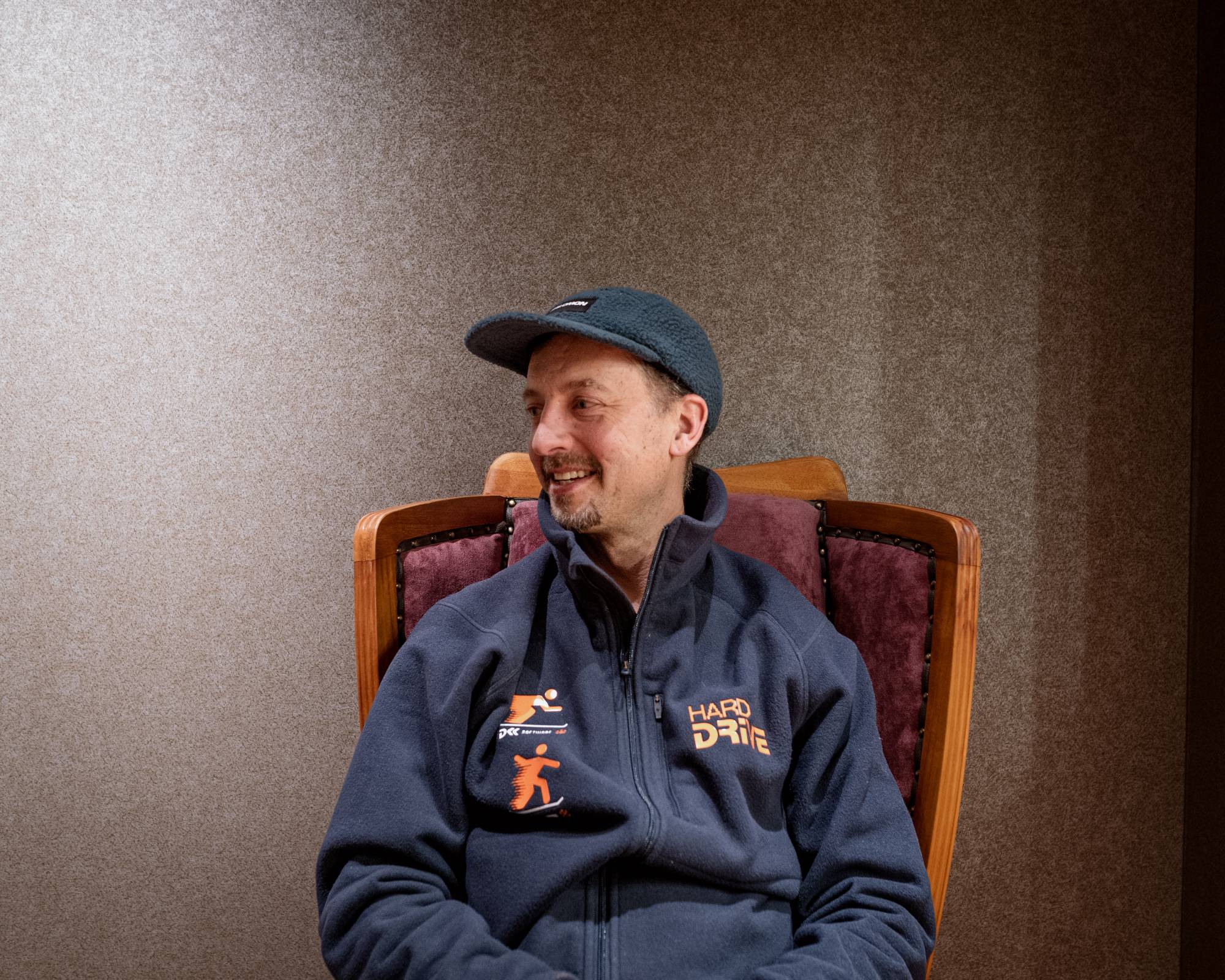California native Neil Hartmann, 51, moved to Sappporo at age 19 with his father. He was the first English-speaking radio DJ for FM Hokkaido (now Air-G’) and was instrumental in cultivating the snowboarding scene there through DIY videos in the 1990s. He and his wife, Erina, now run a pop-up cafe and soft-serve ice cream business called SKS International Cafe located at the summit of Sapporo Kokusai Ski Resort in the town of Jozankei.
1. When did you first come to Japan? My family had a connection with some friends in Sapporo, and we came together when I was 13. We did a homestay here. I got into skiing and snowboarding.
2. That’s a rare experience. Were your parents previously interested in Japan? My parents were kind of hippies — not in appearance maybe, but I was home-schooled, and we traveled a lot. So when they ended up separating, my father came back to Japan, and I got to have the best of both worlds.
















With your current subscription plan you can comment on stories. However, before writing your first comment, please create a display name in the Profile section of your subscriber account page.